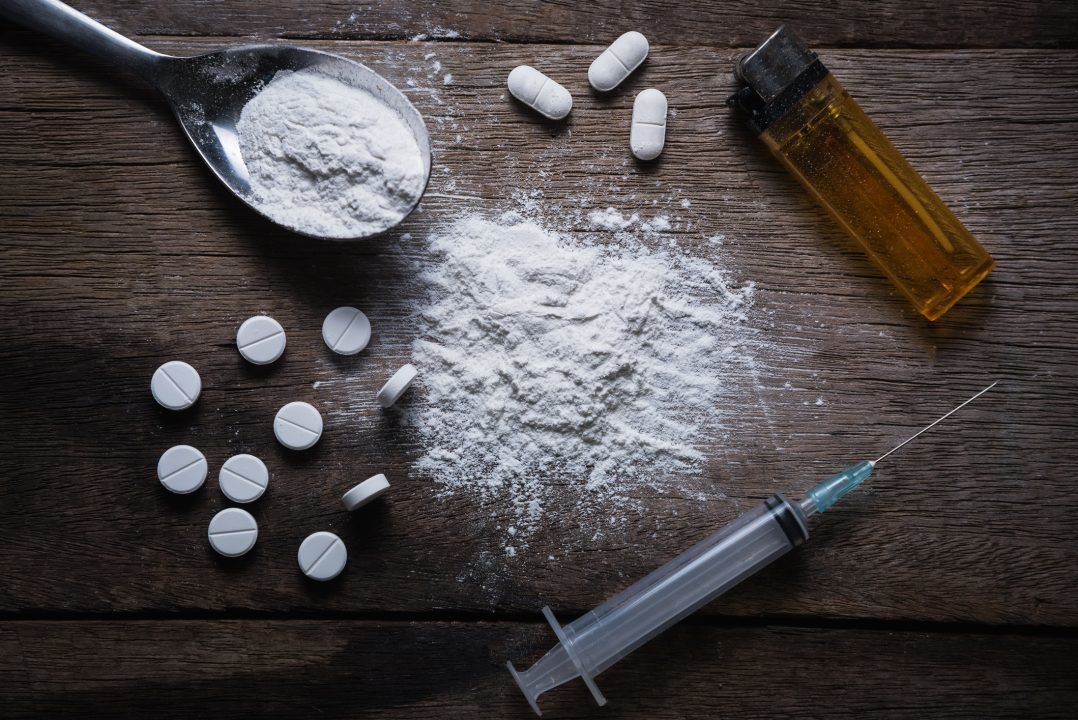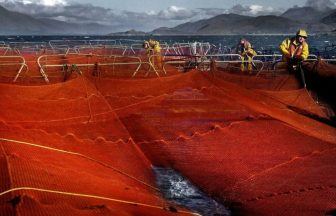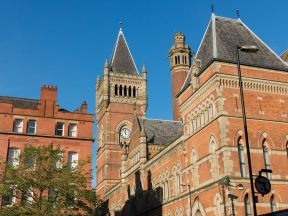Scottish drug deaths increased by 7% in summer of 2023, latest figures have revealed.
Rapid Action Drug Alerts and Response (RADAR) recorded a total of 307 suspected drug related deaths between June and August this year – compared to 286 in the same period in 2022.
The data was gathered by Public Health Scotland with help by Police Scotland.
The average weekly numbers of ambulance service naloxone incidents increased between June and August, with the total number of incidents at 1,298.
The total number of incidents during this time period was 20% lower than the same period in 2021 but 22% higher than in 2022.
These figures do not take account of naloxone administration by members of the public, service workers, or other emergency responders such as police officers.
A total of 1,403 drug-related emergency department attendances were recorded, 13% higher than the previous time period and 22% higher than the same period in 2022.
The increased numbers have raised concerns after a decrease in drug-related deaths in 2022 was recorded.
It was revealed in August that drug deaths in Scotland fell by 279 to the lowest level for five years in 2022.
Figures from National Records of Scotland showed 1,051 people died of drug misuse in 2022.
However, Scotland continues to have the worst drug death rate in the UK and the rest of Europe.
Between May and August 2023, in the ASSIST hospital toxicology pilot, Cocaine was the most common drug detected in hospital and post-mortem toxicology at 11%, followed by the newly detected bromazolam (10%) and temazepam (8%).
Toxicology reports also indicate that the pattern of drug use associated with most harms is polysubstance use involving benzodiazepines, including etizolam, commonly known as street Valium and Bromazolam – now the most common drug detected in ‘street benzos’.
Vicki Craik from the Drugs Team at Public Health Scotland said one key reason for the upwards trends is changes to the drug supply, including the types and potency of drugs in circulation.
The figures were condemned by the Scottish Conservatives who said drug deaths were a “national shame”.
Sue Webber, MSP for Lothian, said: “Drug-related hospital admissions are soaring and suspected drug deaths are now higher than they were at the same point last year. SNP ministers’ inaction means hundreds of families are grieving the loss of a loved one and my thoughts are with them.
“This is the legacy of Nicola Sturgeon taking her eye off the ball and it is our poorest communities who are hit the hardest. Yet the SNP’s only plan to tackle Scotland’s drug deaths crisis appears to be picking another constitutional fight with the UK Government over drug laws, which would lead to our drug-ravaged communities being flooded with more dangerous substances.
“These figures – which put even more pressure on our overwhelmed NHS – must act as a catalyst for SNP ministers. They should start by finally backing the Right to Recovery Bill which is supported by frontline experts and would guarantee a right to treatment for all those suffering from drug addiction.”
In response to Tuesday’s figures, drugs and alcohol policy minister Elena Whitham said: “I am focused on supporting those affected by problem substance use, delivering real change on the ground and implementing evidence-based approaches we know can help save lives,
“The Rapid Action Drug Alerts and Response reports are a vital tool in providing an early warning of emerging drug trends to help identify actions to reduce and prevent drug harms and deaths – especially at a time when concern is growing over synthetic opioids.
“As part of our 250 million National Mission on drugs we have developed our surveillance abilities to identify potential threats.
“We’re also committed to delivering drug-checking facilities which would also enable us to respond faster to emerging trends. We’re working towards a pilot scheme and, following a clarification on criteria from the UK Government, we anticipate license applications seeking permission from the Home Office for facilities in Dundee, Aberdeen and Glasgow to be submitted in the coming months.”
Follow STV News on WhatsApp
Scan the QR code on your mobile device for all the latest news from around the country


 iStock
iStock
























